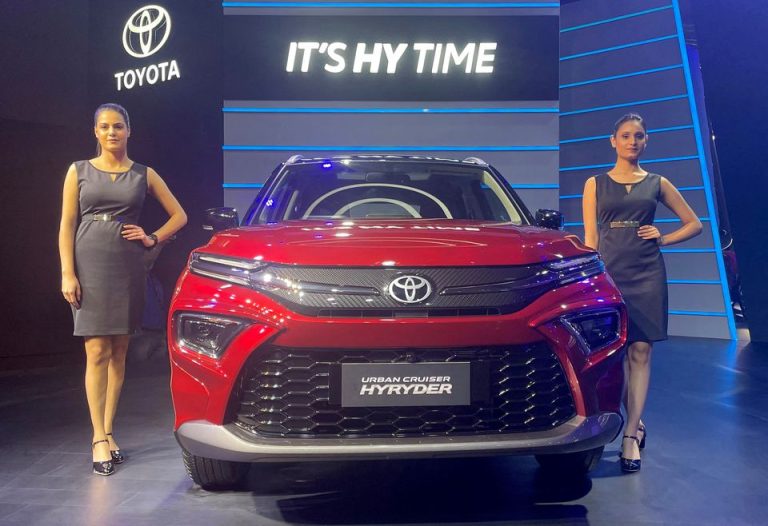
India, (Reuters) – Toyota is rebooting its strategy for India, doubling down on a bet that emerging markets will learn to love its hybrids, as long as the price is right.
Renowned for its pioneering Prius, the Japanese carmaker has struggled to sell large numbers of its hybrid Camry sedan since its Indian debut in 2013, partly due to a sticker price of more than eight times the annual income of a middle-class family.This time, Toyota is determined to do it differently with lower-cost hybrids, said four company and industry executives and suppliers who provided previously unreported details about the carmaker’s sourcing, production and pricing strategy.
Central to the strategy is a drive to cut the cost of full hybrid powertrains by making them in India, where the automaker’s factories are running well below capacity, and to source key materials within the country.Toyota Motor (7203.T) is also leveraging its cooperation with partner Suzuki Motor (7269.T), majority owner of India’s biggest carmaker Maruti (MRTI.NS), to benefit from its low-cost engineering know-how and mild hybrid technology.
“The hybrid bet is a turning point. It will be a litmus test for Toyota’s future and success in India,” one person with direct knowledge of Toyota’s plans told.
A full hybrid can be driven for stretches on electric power whereas mild hybrid technology only supplements the combustion engine to help cut emissions. However, mild hybrids have smaller batteries and cost far less.Toyota’s Indian strategy is at odds with global rivals Volkswagen (VOWG_p.DE), General Motors (GM.N) and India’s Tata Motors (TAMO.NS), which are rushing to roll out pure electric vehicles (EVs), and comes in the face of criticism from investors for sticking with fossil-fuel hybrids.
Hybrids are generally cheaper than EVs as they typically have smaller batteries and are not reliant on charging stations, important factors in markets such as India where customers are price sensitive and charging infrastructure can be patchy.
Toyota declined to share details about cost savings, future product launches, car pricing strategies or production plans for full or mild hybrid models in India.
The world’s biggest automaker told Reuters it wanted more first-time buyers in India to own full hybrids as a first step towards mass electrification, and that it would continue to increase local sourcing and production to be competitive.






